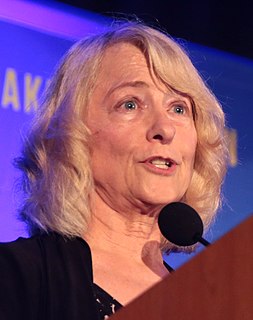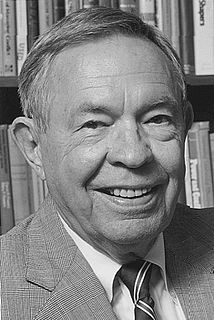A Quote by Joseph Heller
But that was war. Just about all he could find in its favor was that it paid well and liberated children from the pernicious influence of their parents.
Related Quotes
History did not demand Yossarian's premature demise, justice could be satisfied without it, progress did not hinge upon it, victory did not depend on it. That men would die was a matter of necessity; WHICH men would die, though, was a matter of circumstance, and Yossarian was willing to be the victim of anything but circumstance. But that was war. Just about all he could find in its favor was that it paid well and liberated children from the pernicious influence of their parents.
Children who willingly participate in sexual acts have the right to make that decision as well, even if it's distasteful to us personally. Some children will make poor choices just as some adults do in smoking and drinking to excess; this is part of life. When we outlaw child pornography, the prices paid for child performers rise, increasing the incentives for parents to use children against their will.
Children, like dogs, have so sharp and fine a scent that they detect and hunt out everything--the bad before all the rest. They also know well enough how this or that friend stands with their parents; and as they practice no dissimulation whatever, they serve as excellent barometers by which to observe the degree of favor or disfavor at which we stand with their parents.
The World War I, I'm a child of World War I. And I really know about the children of war. Because both my parents were both badly damaged by the war. My father, physically, and both mentally and emotionally. So, I know exactly what it's like to be brought up in an atmosphere of a continual harping on the war.
In far too many families with young children, both parents are working, when, if they really took an honest look at the budget, they might find they don't both need to. ... What happened in America so that mothers and fathers who leave their children in the care of someone else - or worse yet, home alone after school between three and six in the afternoon - find themselves more affirmed by society? Here, we can thank the influence of radical feminism.
An adolescent does not rebel against her parents. She rebels against their power. If parents would rely less on power and more on nonpower methods to influence their children from infancy on, there would be little for children to rebel against when they become adolescents. The use of power to change the behavior of children, then, has this severe limitation: parents inevitably run out of power, and sooner than they think.




































